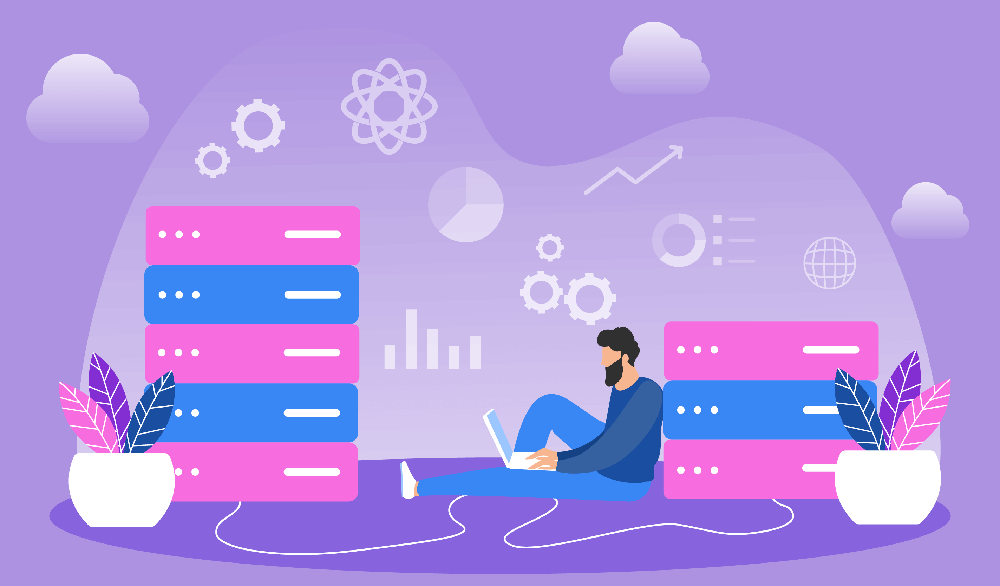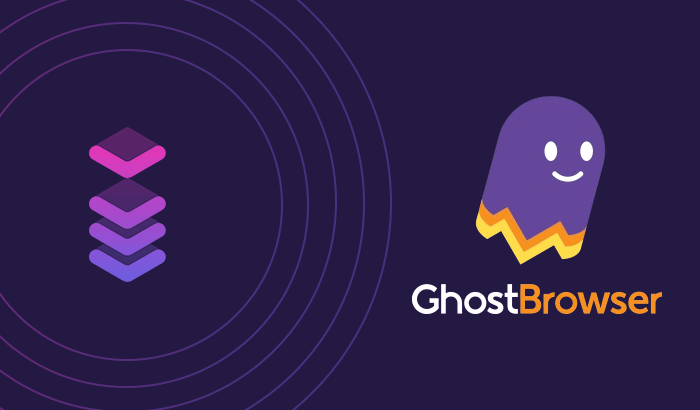

The internet is full of various information: big data, software data, analytics, content, and others. Data-oriented strategies that companies follow require data collection and analysis. Powers gained with analyzed data allows companies to make informed decisions and adhere to stable advancement.
The 2019 Forrester's report highlights that data-driven businesses have over 30 % of annual growth in revenue. As such, this results in the high demand of data scientists whose primary duty is to collect, analyze, and model volumes of data.
Data scientists’ primary challenge is collecting data and then removing junk information from it — this is why data science professionals scrape massive volumes of data from various online sources. To learn more about skills that a good data scientist needs, make sure to check this article.
However, there are a lot of various questions a business owner or young data science professional might have about data scraping. Is this process secure for my network? How can I crawl data fast? What are the tools I need for scraping?
One of the primary data scraping tools are proxies, and here are the benefits they provide to data scientists.
Web scraping with proxies and its benefits
The primary purpose of a proxy server for a data scientist is request routing. A proxy allows using an IP address or a chunk of addresses to access the information you would like to scrape. As a result, the website you are making your request to doesn't see the actual IP address allowing you to scrape it anonymously.
Additionally, there are other advantages of using proxies for your web scraping:
- Proxies enable you to circumvent IP bans some websites have. For example, many hosting providers ban IPs from specific countries.
- Proxies help to make requests from a particular location, ISP, mobile network, or device, and crawl content displayed for a given device or location.
- Proxy pools allow you to send multiple simultaneous requests to a website or a web server and reduce the chances of getting banned.
Types of proxies you can use for web scraping
Choosing the best proxy provider is a tricky thing as there are a lot of options to choose from. Nevertheless, we can classify proxies in two |possible ways.
Proxies based on the IP location
Proxies allow you to use third-party IP addresses for your requests. So, we can analyze two proxy types based on the purpose of your scraping.
1. Datacenter IP addresses
As the name suggests, these are servers' IP addresses. Physically, these servers are located in data centers. The key goal of datacenter IP addresses is to hide your address from the websites you crawl. They are suitable for scraping business data.
2. Residential desktop and mobile IPs
Firstly, you should understand that these IP addresses are hard to get; that's why they are much more expensive than data center ones. Desktop residential IPs are assigned to a residential location by the ISP, while mobile IPs are obtained from the device’s mobile network. Such IPs allow accessing and crawling details that users see when they visit a specific website from their location or use a mobile device.
Open, shared, or dedicated proxies?
Another option you should consider while choosing a proxy for your project is whether you need a public, shared, or a dedicated one.
Public or so-called "open" proxies are of low quality and don't provide much security. They are open to everyone and are frequently used for illegal crawling, bot and DDoS attacks, etc. As a result, they are, in most cases, blacklisted by providers.
Additionally, they may be infected with various viruses and malware programs. The use of public proxies is always a risk of infecting your internal IT infrastructure. In some cases, the use of free proxy might lead to making your web scraping activities public.
Shared or dedicated proxies are much more secure. The choice here depends on your project needs. If you have a tight budget and need proxy service from time to time, you can freely order a shared proxy and use the IP addresses of a provider as you need. However, shared proxies are also used by other clients of a provider, and if you are planning to use it for an enormous data scraping you might need a dedicated solution.
Whether you are a data science professional or a business owner who is looking for ways to run a data-oriented business, proxies are a must-have tool for your company. Infatica is here to help you with getting this tool at the most affordable price.








